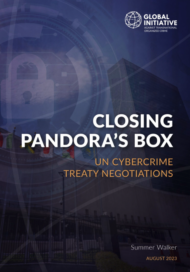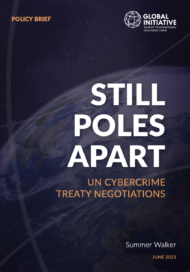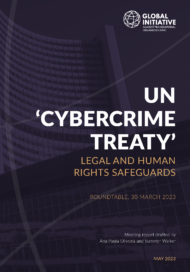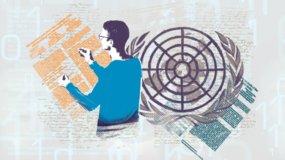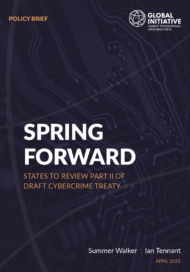Posted on 17 Aug 2023
A zero draft of the United Nations Treaty on Countering the Use of Information and Communications Technologies for Criminal Purposes, or more succinctly referred to as the cybercrime treaty, has been produced and will be debated in an August 2023 UN session in New York. In this context, states are debating the first global cyber-treaty, with a focus on criminality and state powers to address crime.
The zero draft document was developed from negotiating drafts that were debated over the course of this year. Overall, the secretariat of the Ad Hoc Committee established to elaborate the proposed convention has left out of the zero draft most sections where consensus had not been reached during the sessions. And in a meeting with multi-stakeholders and governments, the committee clarified that they do not plan to reinsert such sections. The draft is strengthened by the removal of the most controversial provisions and of those upon which governments have thus far been unable to agree.
Throughout the process leading up to the zero draft, the Global Initiative Against Transnational Organized Crime (henceforth ‘GI-TOC’) submitted position statements and guidance notes, and participated in meetings with governments to discuss the content. We have also communicated what we see as the greatest risks inherent in this treaty, namely its potential to advance state repression and establish new international norms that would formalize these into international law.
This brief does not provide a detailed account of the draft, but focuses on two key issues that are critical to arriving at a treaty that will both increase global cooperation to combat cybercrime and, at the same time, preserve fundamental rights in the internet era. These are the need to limit the scope of crimes under the treaty, and to strengthen language around and inclusion of legal and human rights protections. This brief offers ways that governments can address these challenges in the August UN session and as the process draws to a close.
